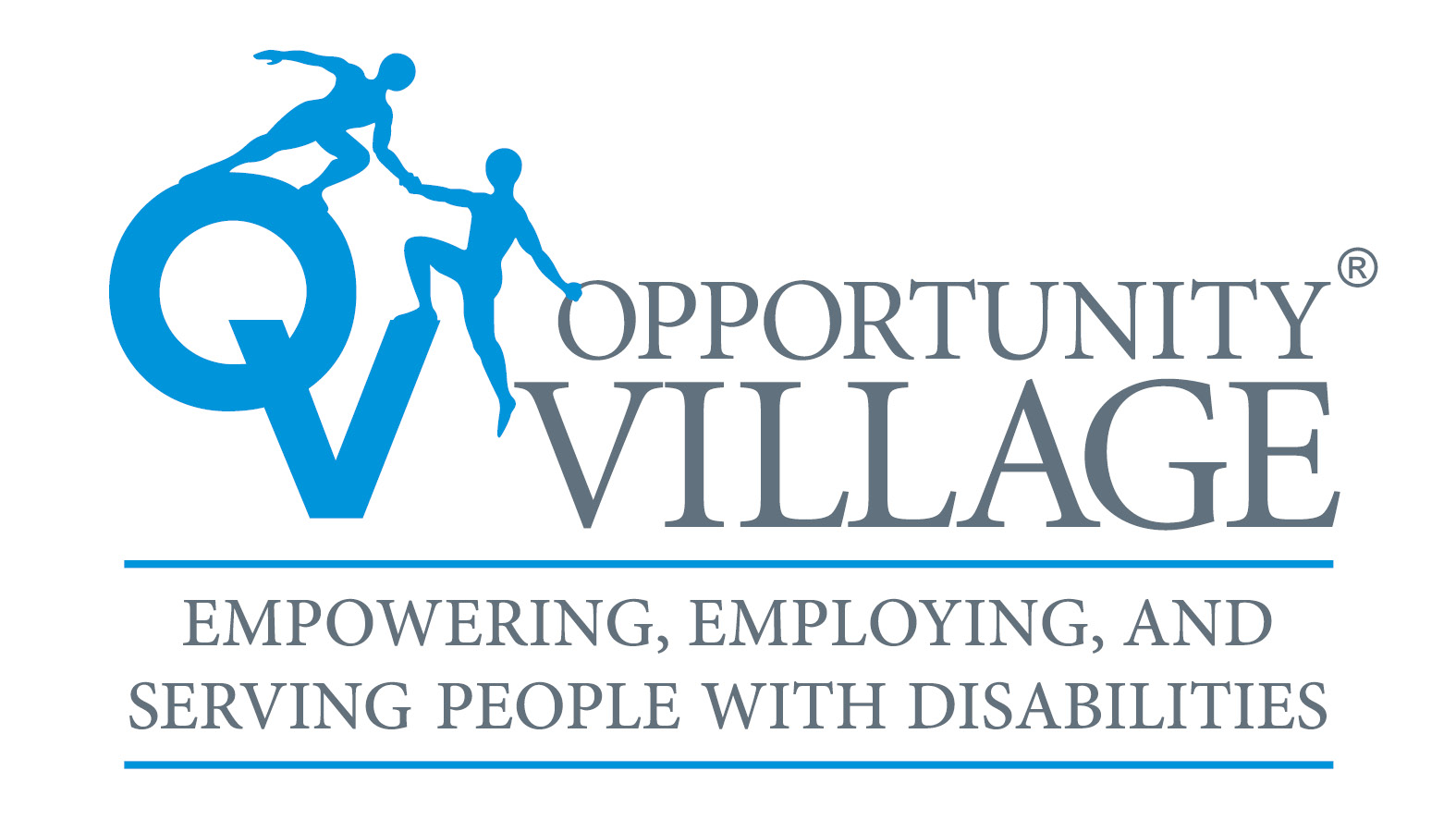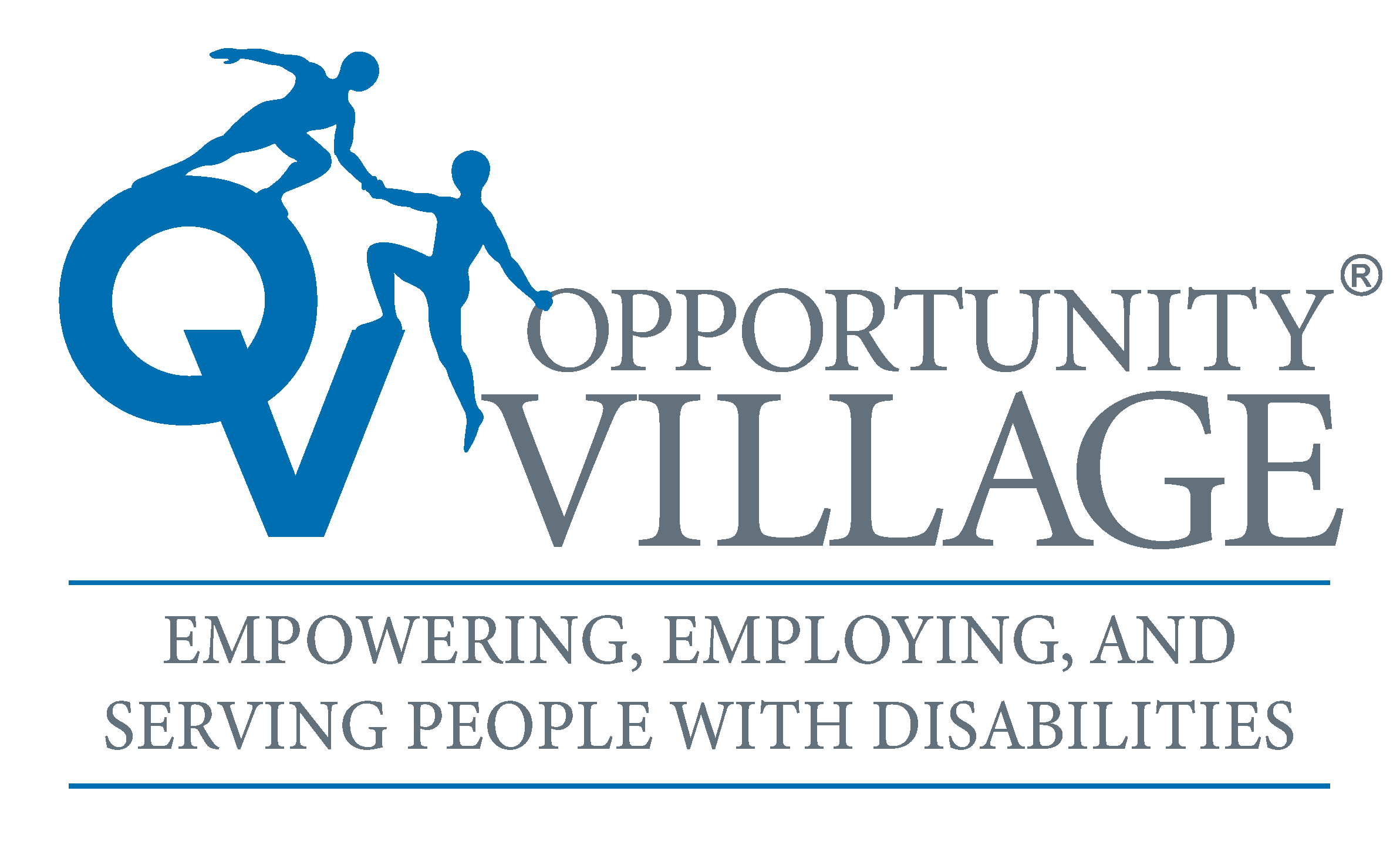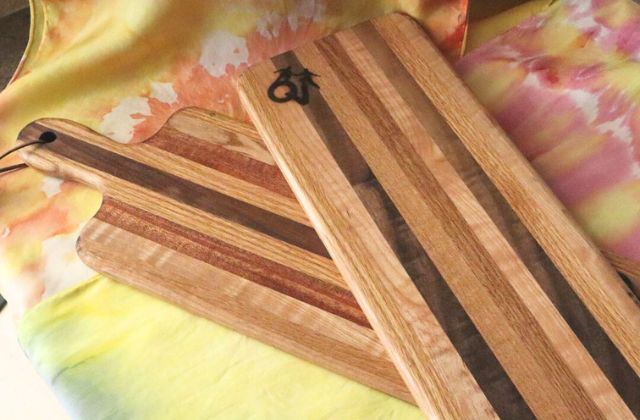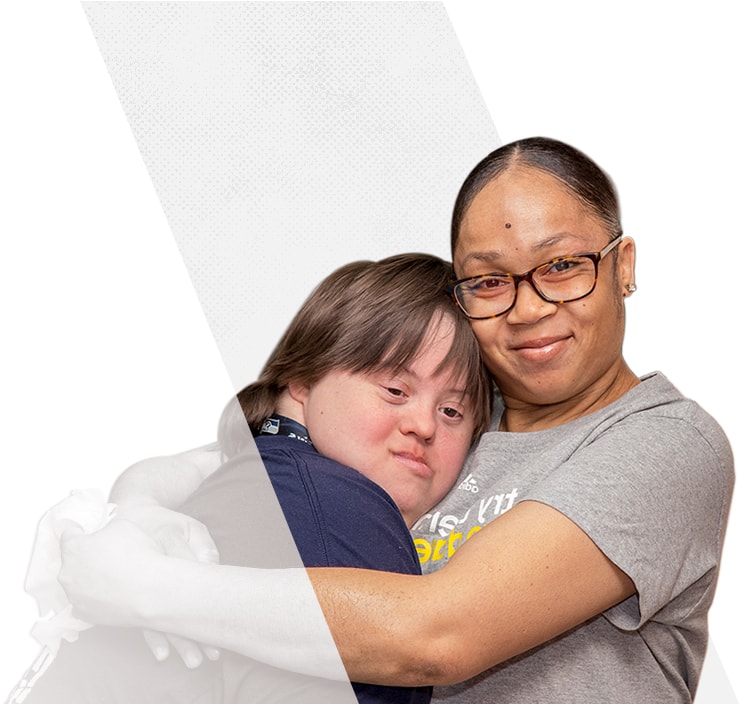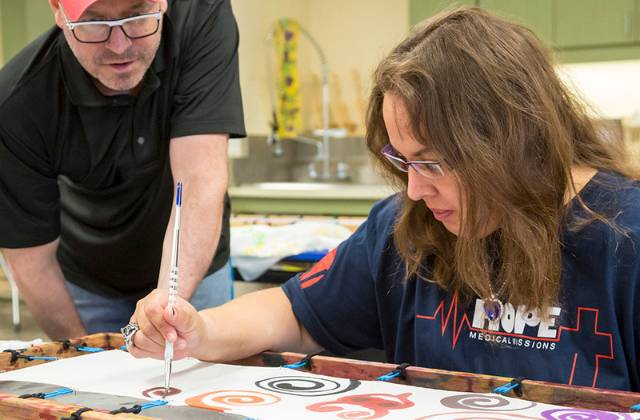
Engaging in a hobby can provide an outlet for relaxation and a break from daily routines, whether learning a new skill, being outside, reading, or participating in a musical or artistic pursuit. But what about hobbies for adults with developmental and intellectual disabilities?
We’ve found our list of top 7 engaging hobbies and activities that people can do from home or in a group setting. Plus, there’s advice on the suitability for each activity and the skills required.
Benefits of Activities and Hobbies for Adults with Developmental Disabilities
Spending time on enjoyable activities can positively impact your mental health and overall well-being. Studies have shown that individuals who engage in hobbies regularly experience less stress, improved mood, and reduced symptoms of depression. Activities that get you out and about can make you happier and more relaxed. And the extra bonus of group activities is they can improve communication skills and relationships with others.
They can also help build social, emotional and physical skills such as:
• Encourage time out or ‘me time’
• Declutter the mind
• Improve health
• Broaden life experiences
• Increase social interactions
• Boost your career
No matter your passions, there are hobbies available to suit all individuals regardless of their ability level. The key is finding activities that are meaningful and enjoyable. So, let’s explore our seven best ideas.
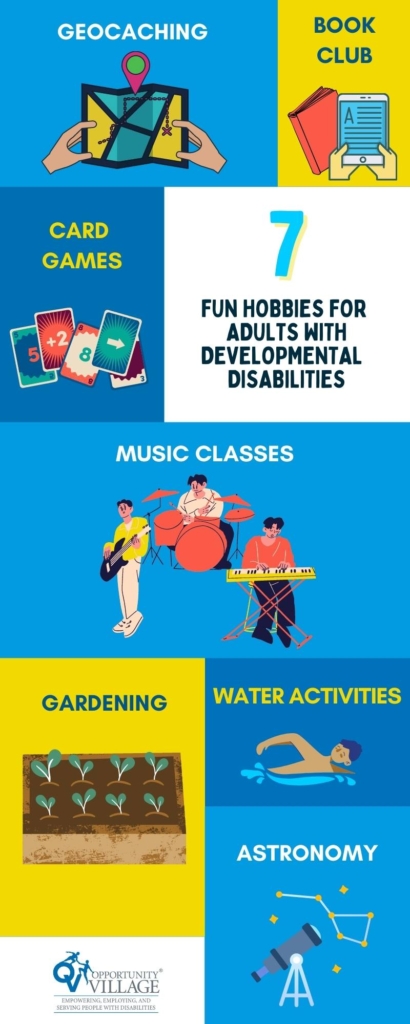
Geocaching
This outdoor activity is perfect for adults with developmental disabilities.
Geocaching is like a treasure hunt. It involves searching for hidden containers called geocaches using GPS coordinates. It’s a fun way to explore the outdoors and improve problem-solving skills.
Geocaching can also improve spatial awareness and increase social interaction when done in groups. And the added bonus is it can help with fine motor skills as it requires handling a GPS device.
Book Club
Reading can be a therapeutic activity for adults with intellectual disabilities. Joining a book club can also improve communication and social skills. Reading not only helps with literacy but also helps with improving vocabulary, comprehension, and memory.
Many book clubs offer adaptations for those who are unable to read print, such as screen readers, braille, or having someone read to them. This way, everyone can participate and benefit from the book club experience.
A book club is a great way to learn new things, share opinions, and learn social cues. Furthermore, it’s a great way to bond with others with similar interests.
Card Games
Card games such as card matching games and puzzles can be a fun and engaging pastime. They can improve cognitive skills and hand-eye coordination.
Playing games can also help with memory, concentration, and problem-solving skills. They can also be a great way to bond with others and improve social interactions. And they can be done in a group or at home on your own, making them a versatile activity.
Music Classes
Music therapy can be a powerful form of treatment, as well as a great hobby for adults with disabilities.
Learning a musical instrument can improve fine motor skills, provide a sense of accomplishment, promote self-expression, and enhance memory and concentration. Plus, it can be a fun and creative way to bond with others and improve social interaction.
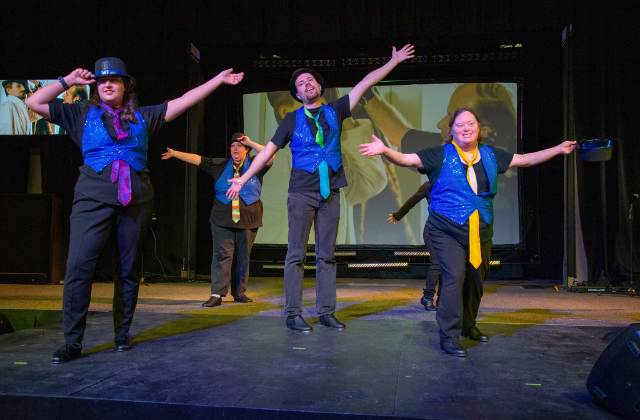
Astronomy
Looking at the stars can be a calming and peaceful activity enjoyed by many people or even done in the comfort of your own home with a telescope. It can also improve spatial skills and knowledge of the world around us.
Coming together to see the night sky can be a great way to bond with others in nature, improve social interaction, and increase spatial awareness and problem-solving skills.
Gardening
Gardening can be a therapeutic activity for adults with developmental disabilities. It can improve physical skills and provide a sense of accomplishment and connection with nature.
Planting, nurturing, and watching plants grow can be a gratifying experience. Additionally, gardening can be a great way to learn about the natural world and your area’s different plants and flowers. It can also help with fine motor skills and hand-eye coordination as it requires handling tools and seeds.
This earthy activity can be done at home or in a community garden setting, making it a great way to connect with others.
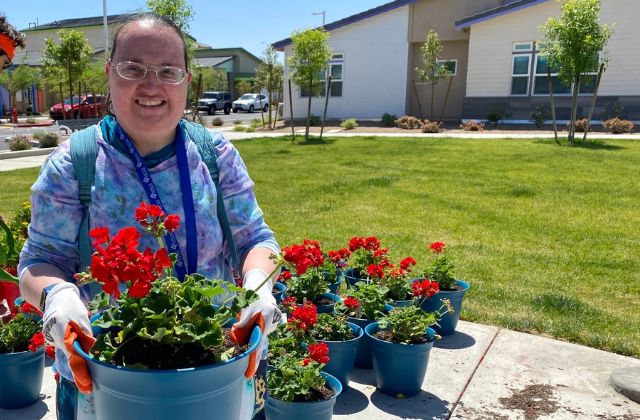
Water Activities
Water sports such as swimming and kayaking can be fun and engaging activities for adults with developmental disabilities. They can improve physical skills and self-confidence. Making a splash into water activities is a great way to stay active and healthy, provide an opportunity to enjoy the great outdoors, and encourage connection with others.
Swimming, in particular, can improve cardiovascular fitness and build strength and endurance. Kayaking can improve balance, coordination, and core strength. Dipping into water activities can also be a great way to encourage connection with others.
Looking for some fun crafts to do at home or share with friends? Check these out!
Start a Hobby or Activity Today!
Now that the ideas are flowing on the best activities and hobbies for adults with developmental disabilities, now’s the perfect time to take action. So set aside a few minutes to list what matters to you and what you enjoy and start Googling.
Finding organizations and community centers in your area that offer classes and activities is a great place to get the ball rolling. You can also take a tour to see what Opportunity Village provides – it’s a great way to find a hobby tailored to your specific needs and abilities.
You’ll get to meet people who use the day program activities and habilitation services and get an introduction to scores of talented artists, musicians and dancers. And don’t be afraid to ask for recommendations or advice from other individuals with similar disabilities. They may have valuable insights and tips on how to get started.
Setting realistic goals for yourself when starting a new hobby is also important. Remember to start small and work your way up. It’s better to set small achievable goals in the beginning so you don’t get overwhelmed and discouraged. And keep in mind, the most important thing is to have fun and enjoy the process. Happy hobby hunting!
